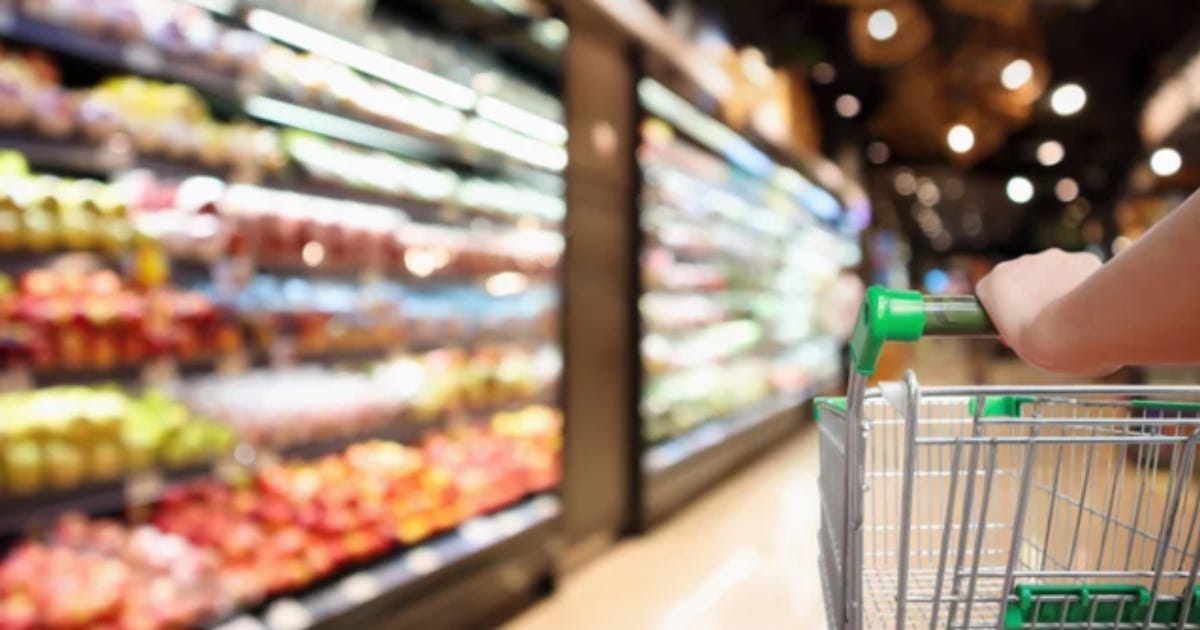OP-ED: Ottawa’s trade policy means fewer choices and higher prices on basic goods
“Only in Canada can a cucumber be grown here, shipped south duty-free, jarred with a Canadian lid, and then taxed on its way home—proof that our tariff policy is about punishing consumers."
Author: Dr. Sylvain Charlebois
Since June, Bick’s pickles have been disappearing from some Canadian grocery shelves, caught in the crossfire of a tariff dispute that is exposing deep flaws in Ottawa’s trade strategy. The story of Bick’s is a telling case study in how well-intentioned policies can backfire, punishing consumers and domestic suppliers alike.
Bick’s was acquired by Smucker’s in 2011, and its Toronto production facility was shuttered soon after. Today, the brand is owned by TreeHouse Foods and manufactured in the United States. While the brand is no longer fully Canadian, parts of its supply chain remain here. The company still sources cucumbers from Canadian growers and lids from Canadian manufacturers. Under CUSMA, these raw cucumbers can cross into the U.S. without tariffs. Yet, once they are processed and jarred in U.S. plants, those same Canadian cucumbers return to Canada as Bick’s pickles—now subject to Canadian counter-tariffs. Other inputs sourced internationally for the U.S. facility may also be tariffed, further pushing up costs.
The economic outcome is predictable. Margins in grocery retail are razor-thin, often between two and four percent. Retailers cannot absorb steep cost increases without passing them along to consumers, and in some cases, they simply drop the product altogether. Sobeys appears to be the first major grocer to delist Bick’s, though it is unlikely to be the last. Counter-tariffs, often framed as a patriotic defense of domestic producers, can instead reduce competition, shrink consumer choice, and push retail prices higher. In practice, Sobeys has shifted shelf space to its own private-label pickles, which are often imported and carry higher profit margins. Ironically, the result is a product category that is now even less Canadian.
The policy flaw is glaring. Canada is effectively taxing products made with Canadian cucumbers and Canadian lids solely because they were processed across the border. This is not a protection strategy; it is an economic own goal. It illustrates how tariff structures can penalize integrated North American supply chains and undermine the competitiveness of Canadian companies.
Some may argue that TreeHouse should reopen a plant in Canada, but the economics of food processing make little sense for the company to shift production north. In reality, they may simply abandon the Canadian market altogether—a withdrawal that would further reduce competition and highlight Canada’s weaker position compared to the United States, a market of nearly 400 million affluent consumers.
The Bick’s case also highlights a broader reality: Canada’s food supply chains are structurally less flexible than those in the United States. When faced with tariffs or disruptions, American importers of Canadian goods can pivot quickly to alternative suppliers. Canadian importers, constrained by scale and options, have far less room to manoeuvre. The result is that even tariff-exempt Canadian products can lose shelf space and market share to foreign alternatives.
If Canada wants to avoid repeating this scenario, it needs to rethink its approach. Tariff policy should account for Canadian content and the realities of integrated cross-border supply chains. A jar of pickles made mostly from Canadian inputs should not be treated as a foreign product simply because final processing occurred in the United States. More importantly, Canada must reverse decades of decline in domestic food manufacturing. Without renewed investment in processing capacity, these vulnerabilities will only grow.
The Bick’s episode is not an isolated case; it is an early warning signal. Without a recalibration of trade and tariff policy, more products will quietly disappear from Canadian shelves, replaced by less Canadian alternatives, and consumers will pay more for the privilege. Ottawa may believe its counter-tariff strategy sends a message to Washington, but the message reaching Canadian households is far different: fewer choices, higher prices, and less Canada in the Canadian grocery cart.
— Charlebois is director of the Agri-Food Analytics Lab at Dalhousie University, co-host of The Food Professor Podcast and visiting scholar at McGill University.
You can follow Dr. Sylvain Charlebois on X @FoodProfessor



I am losing track now of the number of items that have disappeared and are not being replaced from anywhere including of course our own sorry country that seems unable these days to produce much of anything.
Currently though it is because of more than one thing.
Premiers like Doug Fraud removing products from availability.
Counter tariffs imposed by the fake elbows up negotiator.
Companies simply no longer wishing to have anything to do with us.
etc.. etc.. etc..
A once wonderful country brought to its knees by Political and Bureaucratic incompetence but primarily by Liberal incompetence and failed governance.
A theme that continues with the current head of the same snake.
Our PM doesn't actually care about Canadians or he would not have put these tariffs on that hurt Canadians. It's all about what is good politically and what he can turn around and benefit from financially.
I just read today that Mark Carney doesn't even have a constituency office open to meet the needs of his constituents.